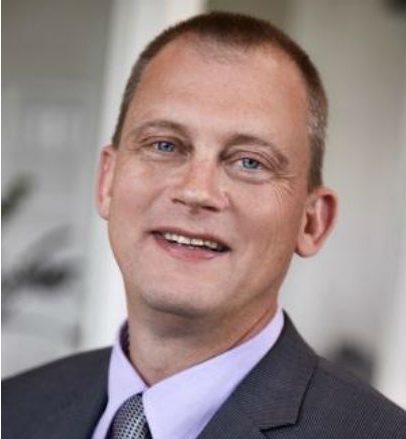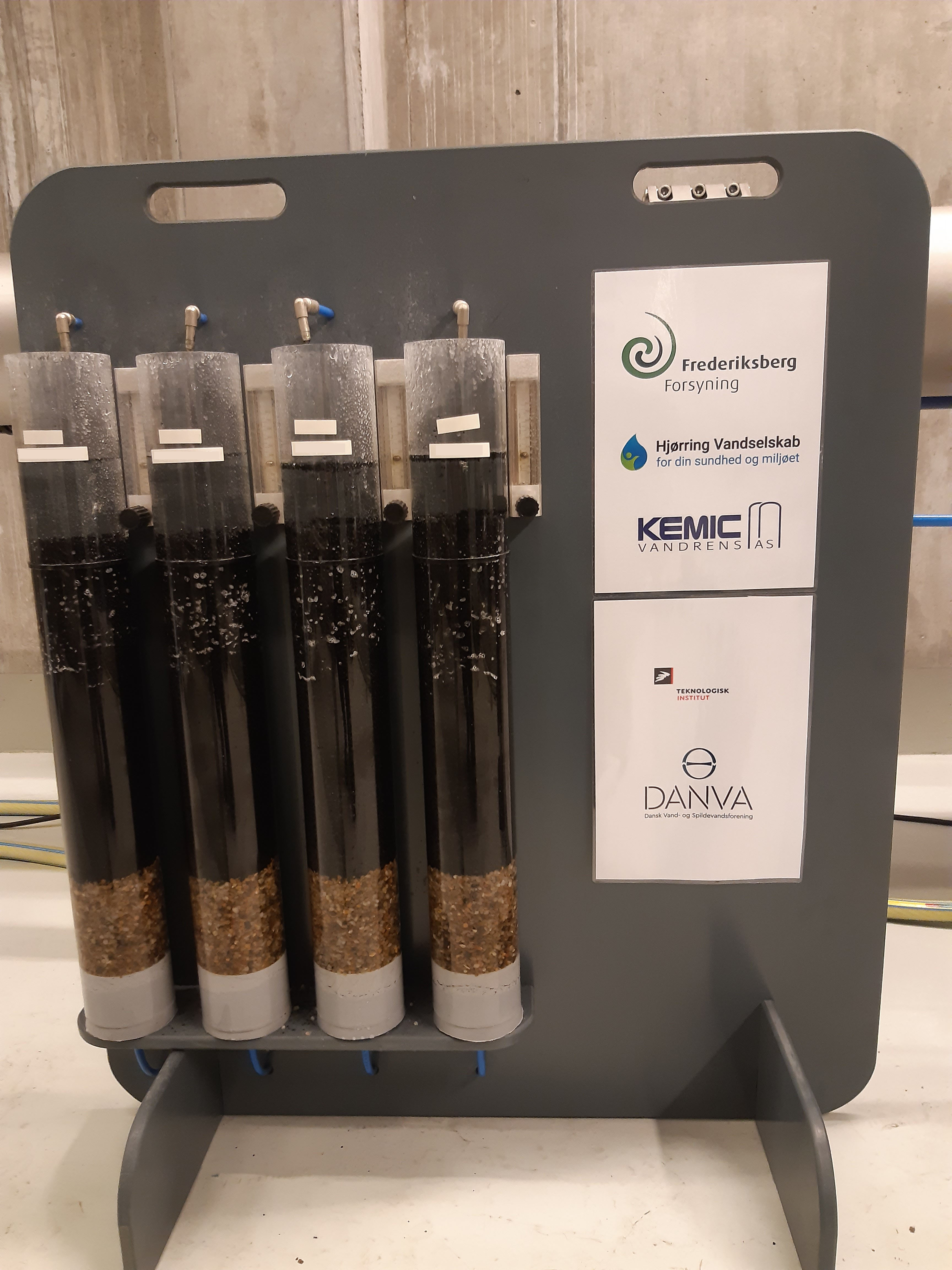Developing DMS removal
At Kemic Water Technology, we have vast experience in and a practical oriented approach to cleaning water. When we combine this with collaborating with scientists and researchers who contribute with theoretical knowledge about and an academical approach to water treatment, we join forces in solving the future challenges in providing clean drinking water. The DMS removal experiment at Frederiksberg and in Hjørring is a great example of that.
DMS contamination in approximately 30% of Danish drinking water bore-wells
Approximately 30% of all drinking water bore-wells in Denmark are contaminated with DMS (Dimethyl Sulfide) to some extent. DMS was previously used in anti fungal agents used in horticulture as well as in wood protection products and paint, and are now found in groundwater all over Denmark as well as in many other countries. DMS is primarily found in suburban areas, which makes handling the contamination more challenging, since it can be hard to find new sites for establishing new drinking water bore-wells, simply because there isn’t available space.
Water from DMS contaminated bore-wells can be cleaned effectively with activated carbon to remove the contamination. This may however be an expensive method, since the carbon becomes saturated with time and needs replacement. That is why it is important to keep improving the method and make it even more efficient and cost-effective.
In collaboration with Danish Technological Institute and the utility companies of Frederiksberg (Frederiksberg Forsyning) and Hjørring (Hjørring Vandforsyning), Kemic Water Technology work a range of experiments to improve the methods used for removing DMS. This is to ensure an even more efficient and cost-effective treatment in the future.
Experimenting with various filtering materials
The experiments are organised by the Danish Technological Instutute, which has carried out a number of lab tests with different combinations of filter materials to remove DMS, including activated carbon with different characteristics, and resin. However, it is not possible to simulate the flow of a water processing plant well enough in the lab. That is why the most promising combination of filtering materials has been tested at small scale at drinking water processing plants in Frederiksberg and Hjørring. Based on the preliminary experiments, two types of activated carbon has been selected for further testing, together and apart, and a third type of activated carbon is being tested in a pressure filter.
The experiments are carried out at two different locations, since – despite the similar characteristics of the DMS contamination – there are variations in the water quality and characteristics locally.
Kemic Water Technology provides the processing plants for the experiments at both Frederiksberg and Hjørring, and ensures, in collaboration with the Danish Technological Institute, that the plants are regulated and operated properly in order to give the experiments the best possible conditions.
Get in touch
 Henrik Nybro Laugesen
Henrik Nybro Laugesen
E-mail: hnl@kemic.dk
Mobile phone: +45 2655 3280
Phone: +45 7673 3755




